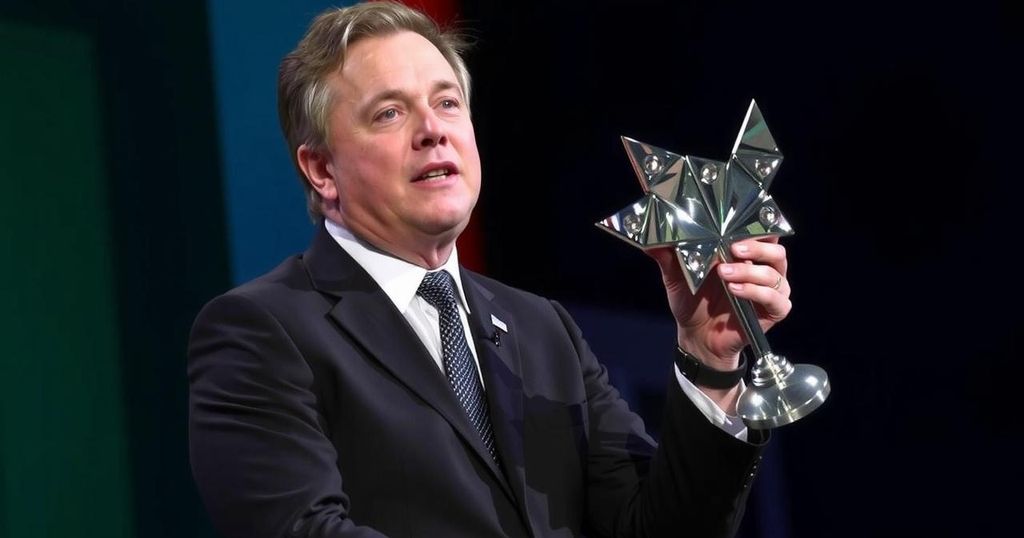Legal Implications of Elon Musk’s $1 Million Daily Giveaways in Advance of US Election

Elon Musk’s plan to give away $1 million per day until the November 5 election has raised legal concerns surrounding potential violations of laws prohibiting cash inducements for voting. Experts warn that conditioning payments on voter registration may constitute illegal manipulation of the electoral process, prompting scrutiny from officials such as Pennsylvania Governor Josh Shapiro.
Legal experts have scrutinized Elon Musk’s pledge to distribute $1 million per day until the upcoming United States election, citing concerns that this initiative may contravene regulations that prohibit monetary inducements for voting. Governor Josh Shapiro of Pennsylvania characterized the proposal, which targets registered voters in pivotal states who sign an online petition, as “deeply concerning”. Shapiro indicated that law enforcement might investigate this matter further. Musk recently presented a $1 million check at an event for his political action committee, America PAC, which is dedicated to supporting former President Donald Trump. In an interview, Shapiro acknowledged Musk’s right to express his political opinions but emphasized that substantial financial contributions to political efforts raise significant legal questions. Through America PAC, Musk has reportedly allocated $75 million to aid Trump’s campaign, expressing his belief in the election’s critical importance for both America and Western civilization. However, his plan to award sizable payments in exchange for a petition signature raises alarms among legal scholars, as it may violate federal statutes against using cash or other monetary enticements to encourage voter participation. Failure to comply with these federal laws—such as offering monetary incentives for voter registration—can lead to severe penalties, including imprisonment. Legal experts like Rick Hasen, a law professor, and Brendan Fischer, a campaign finance attorney, have articulated concerns that Musk’s condition to pay only registered voters borders on legal impropriety, suggesting that the proximity of the election further complicates the situation and could be interpreted as an effort to influence voter registration behaviors.
The potential legal ramifications of Elon Musk’s proposed cash giveaways arise from longstanding regulations prohibiting the use of monetary incentives to affect voting behaviors. Such laws aim to maintain the integrity of the democratic process by ensuring that citizens exercise their voting rights without undue influence or coercion. The ongoing scrutiny surrounding this issue highlights the delicate balance between political expression and compliance with established electoral laws in the United States.
In summary, Elon Musk’s announced intention to give away $1 million daily until the November 5 election has prompted significant legal concerns regarding the potential violation of laws against monetary incentives for voters. As experts examine the implications of such cash distributions tied to petition signatures from registered voters, it underscores the complex intersection of political financing and electoral integrity in the United States. The attention to this matter serves as a reminder of the importance of adhering to laws designed to protect democratic processes from financial coercion.
Original Source: www.aljazeera.com







